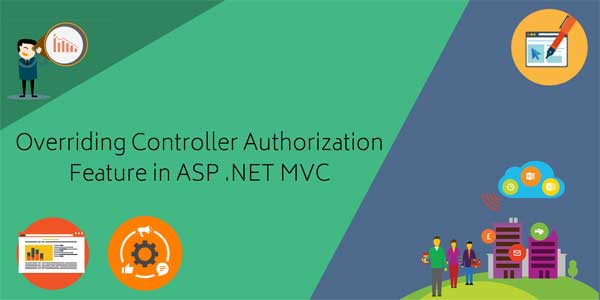
.Net is a server-side Web application framework owned and managed by Microsoft designed for Web development to produce amazing Web pages. It allows you to build amazing websites, web applications, and web services. The entire Asp .Net is built with the Common Language Runtime (CLR) platform that allows programmers to write Asp .Net code using any supported .NET language.
Table of Contents
Features Of ASP.NET Pages:
- Directives
- A special instruction to process Asp .Net Page
User Controls:
- Custom controls
- Custom controls are built by developers.
- They do not carry an ASCX mark-up file in their system
- They have all the code compiled into a dynamic link library (DLL) file
- Rendering Techniques
- .Net uses visited composite rendering technique.
- During the compilation step, the template file is compiled into an initialization code that builds a control tree that is also called the composite. This represents the original template.
- The literal text goes into the Literal control class.
- Some controls are represented by instances of a particular control class.
- The initialization code is combined with user-written code results in an exclusive class for a page.
State Management:
- .Net applications are generally hosted by a Web server and are accessed with the help of stateless HTTP protocol.
- If an application uses stateful interaction, it has to appliance state management on its own.
- .Net provides various functions for state management.
- “State” is treated as GUI state.
- Problems can arise if an application wants to keep track of data of the states like transient states.
Application:
- Application state is managed by a collection of shared variables defined by the user.
- These variables are initialized on the firing of the event Application_OnStart on the loading of the first instance of the application and are available the last instance exits.
- Application state variables are accessed using the Applications collection, it provides a wrapper for the application state
- Applications are identified by their names.
Session State:
- Server-side session state is controlled by a collection of user-defined session variables that are persistent during user sessions.
- These variables are unique on its own way to each session instance.
- The variables can be set to be automatically destroyed after a set time of inactivity even if the session does not end and free various resources.
- A client-side user session is built by either a cookie or by encoding the session ID in the URL.
Asp .Net MVC developers move from Windows application development to Web development by offering the ability to build pages composed of controls similar to a Windows user interface. A Web control, such as a button or label, functions in very much the same way as its Windows counterparts, the code can assign its own properties and reacts to its events. Controls know how to render themselves, whereas Windows controls make themselves to the screen, Web controls produce segments of HTML and JavaScript which form parts of the resulting page sent to the end user’s browser. The framework combines existing technologies such as JavaScript with internal components to give the persistent state to the stateless Web environment.

The Microsoft .NET Framework has maintained track record as a robust, reliable and versatile software development framework.
Spec India adopts the Microsoft .NET platform since its establishment in the software development arena. Spec India has 27 years of experience as a software application development partner for clients spread across over 20+ countries using varied technologies. They expert in Customized Solutions in areas of Desktop Application Development, Web Application Development, Mobile Application Development, and Enterprise Mobility Solutions. Our programmers have extensively worked in Asp .Net, Silverlight, WCF, WPF, MOSS, SQL Server, and LINQ while developing n-tier applications with in-depth implementation of MVC (Model View Controller) or Entity Framework. Cumulatively, our development team has experience on the Microsoft .NET platform for over 75000 man-hours.
Overriding Controller Authorization In ASP .NET MVC:
You have a Controller class called Administration that only admins should use. There are about lots of Action methods in the Controller class and they all should only be accessed by users in the Admin or SuperAdmin roles. Rather than put an Authorize attribute on every method.
Did I say that every method in this controller should be accessed only by the Admin and SuperAdmin users? I lied. There’s the one really frustrating method that doesn’t require this level of authorization (it just displays a list of administrators with their contact information). You could try moving it to another Controller or you could put Authorize attributes on all the methods and you could us OverrideAuthentication.
The OverrideAuthentication attribute lets you discard the authorization set at the developer level. You can then follow the OverrideAuthentication attribute with any Authorize attribute your method actually needs.
Giving An Example That Allows Anyone In The User Role Use The Listadmins Method:
<Authorize(Roles:="User")> Public Function ListAdmins() As ActionResult

 About the Author:
About the Author:











Be the first to write a comment.